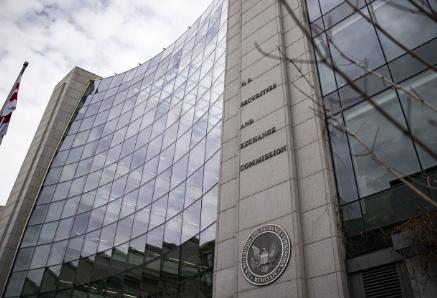The US Supreme Court issued a narrow ruling siding with businesses regarding Securities and Exchange Commission (SEC) liability requirements. Justice Sonia Sotomayor delivered the unanimous decision, emphasizing that a securities class action cannot be based solely on a “pure omission” in an SEC filing without any misleading statement to reference.
Make informed decisions in real-time. Subscribe to JDJournal and be in the know with the latest legal updates.
Background of the Case
The case revolves around Item 303 of the SEC’s Regulation S-K, also known as Management’s Discussion and Analysis (MD&A), which mandates that management provide investors with insights into trends or events potentially impacting the business’s financial condition.
Whether you’re a recent law school grad or an experienced attorney, BCG Attorney Search has the job for you.
Plaintiff Allegations
Moab Partners filed a lawsuit against Macquarie Infrastructure Corp., now Macquarie Infrastructure Holdings LLP, alleging failure to disclose a new rule that would significantly impact its business, leading to substantial losses for shareholders.
Uncover exclusive insights and strategic approaches through the State of the Lateral Law Firm Legal Market 2024—an in-depth report delving into the intricate patterns and current trends within the lateral law firm market.
Court’s Interpretation
The Supreme Court, in its ruling for Macquarie, distinguished between “half-truths” and “pure omissions.” It clarified that liability under Regulation S-K only applies to “half-truths,” where statements are made but critical information is omitted. “Pure omissions,” where no meaningful statement is made, do not incur liability.
Want to stay ahead of the competition? Here’s what you need to do.
Implications of the Decision
While the court clarified the requirement for statements to support securities class actions, it did not specify how detailed these statements must be. Plaintiffs are now tasked with identifying “affirmative assertions” to establish misleading conduct before further legal consideration.
Want to know if you’re earning what you deserve? Find out with LawCrossing’s salary surveys.
Conclusion
The case underscores the nuanced interpretation of SEC regulations and highlights the importance of clarity in corporate disclosures. The ruling sets a precedent for future cases involving SEC filings and shareholder lawsuits.
Whether you’re a recent law school grad or an experienced attorney, BCG Attorney Search has the job for you.
Case Details
Case Title: Macquarie Infrastructure Corp. v. Moab Partners
Case Number: No. 22-1165
This post first appeared on Legal News Blog | Law Firm News | JDJournal, please read the originial post: here

